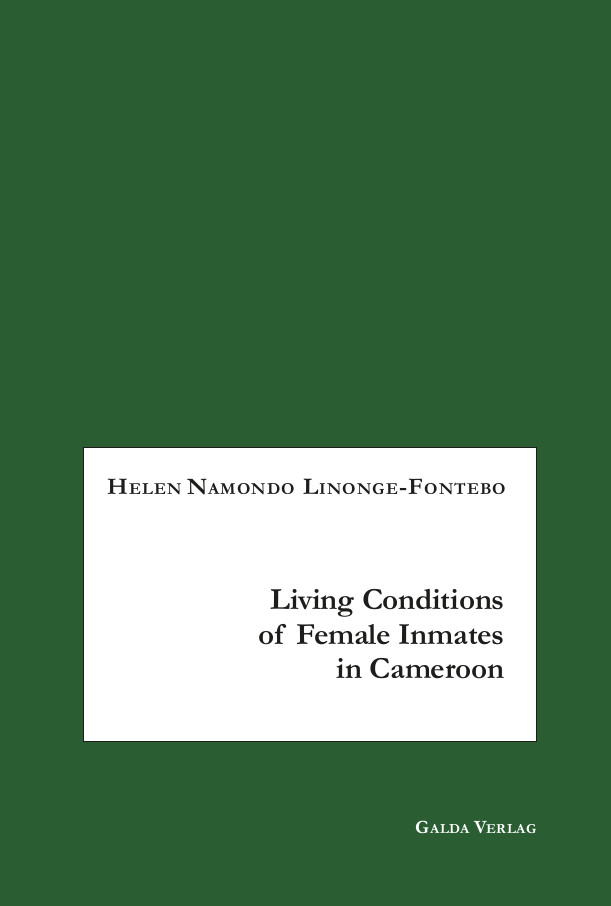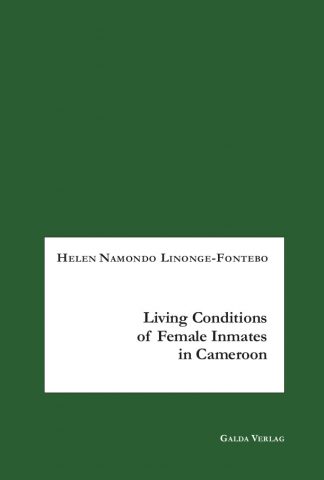Description
This book presents the narratives of female inmates in Cameroon Prisons. The study examines the national policies and laws on living conditions in Cameroon prisons and how they relate to the lived and narrated experiences of female inmates. The author argues that policy does not always match practice with regards to prison conditions in Cameroon. To address this issue, policy must first of all address human rights issues as well as issues specific to female prisoners and adhered to these policies. Given that, government’s efforts and the work of Non-Governmental Organisations, Faith Based Organisations and international bodies in Cameroonian prisons will only be effective if the corruption, which remains a cankerworm within the Cameroon penitentiaries, is eradicated.
The Contents of this book includes Background Literature; Living conditions of female inmates in Cameroon; Prisons as Torture Chambers in Cameroon; Non-Governmental Organisations, Religion and Faith based Organisations; Conclusion, Policy Recommendations and New Direction.


